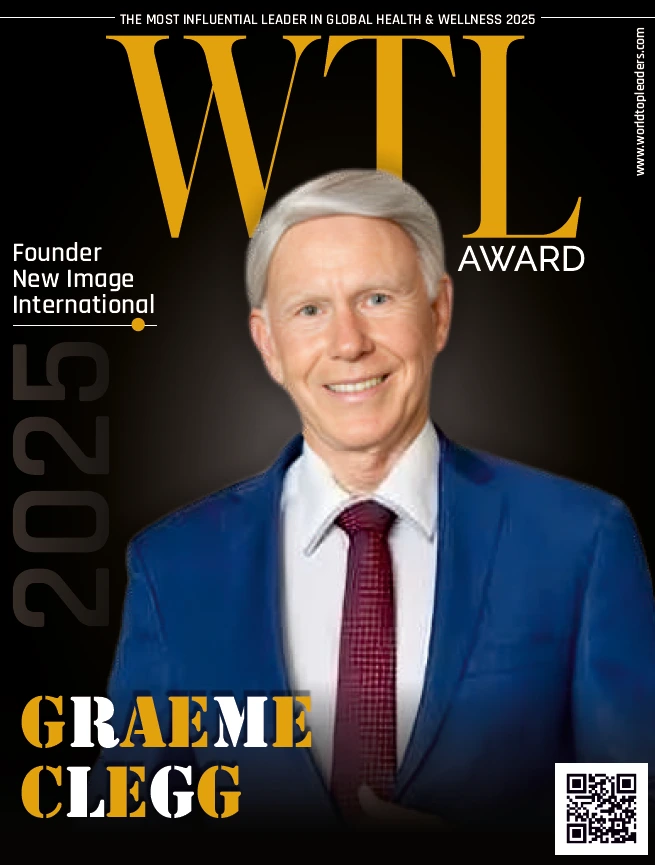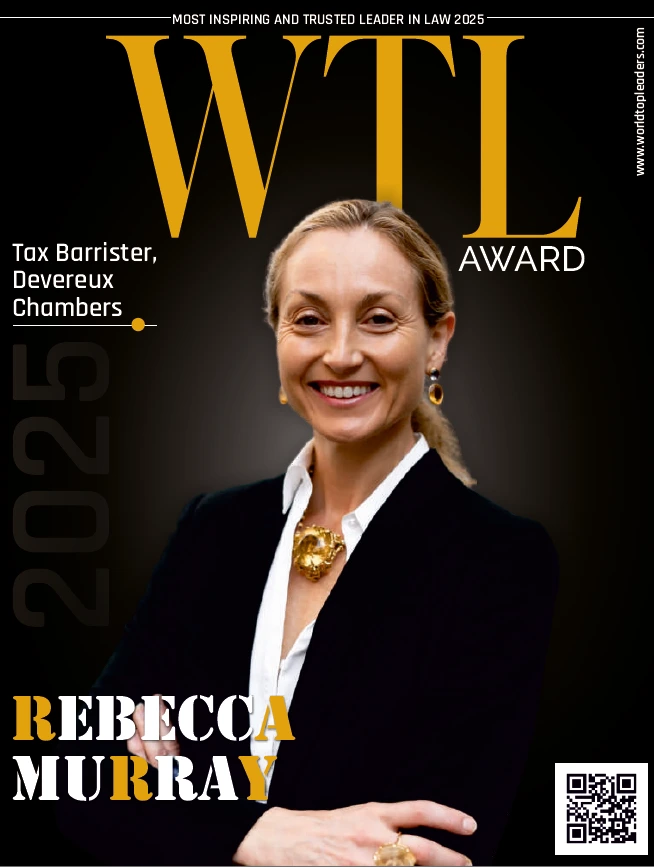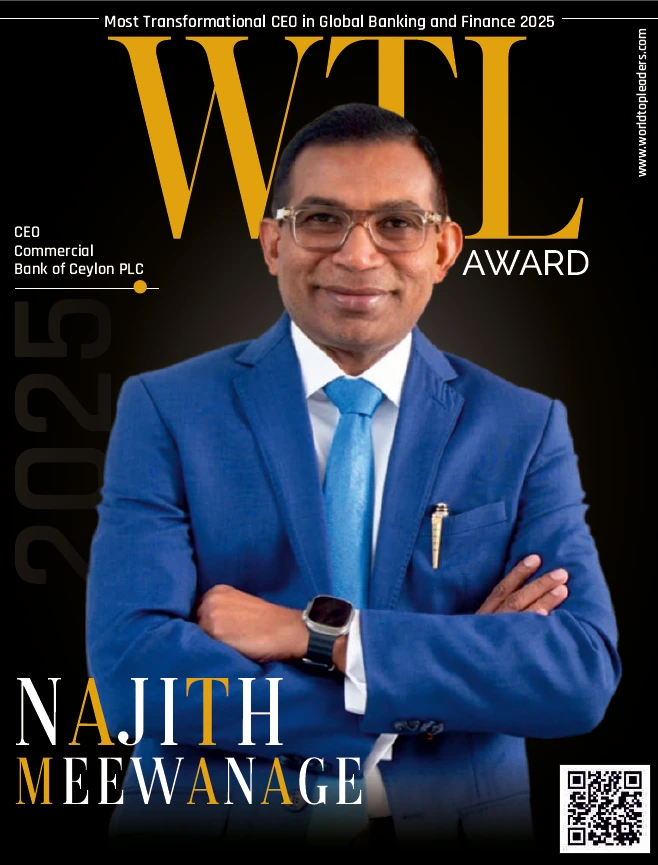World Top Leaders and the Future of Artificial Intelligence Governance
Reading Time : 5 min

World Top Leaders and the Future of Artificial Intelligence Governance
Artificial Intelligence (AI) is rapidly transforming economies, societies, and global power structures. From revolutionizing industries to reshaping communication and decision-making, AI is no longer a tool of the future—it is the reality of today. As this powerful technology grows, world leaders are stepping forward to define the rules, ethics, and governance frameworks that will determine how AI serves humanity in the years ahead. The future of AI governance lies at the intersection of innovation, responsibility, and global collaboration.
Why AI Governance Matters
AI’s influence extends across critical areas—healthcare, finance, education, defense, and beyond. While it promises efficiency, productivity, and breakthrough innovation, it also raises urgent concerns about privacy, bias, misinformation, and security. Without strong governance, AI risks amplifying inequalities, spreading unchecked disinformation, and threatening global stability. This is why top world leaders are prioritizing AI governance as a key agenda for 2025 and beyond.
Leadership in Setting Global Standards
From the G20 summits to UN dialogues, AI governance has become a central theme in international diplomacy. Leaders are working together to create common frameworks that balance innovation with accountability. Efforts focus on ensuring transparency in AI algorithms, setting ethical standards, and building regulatory systems that can adapt to rapid technological advances. This cooperative approach highlights a new era of global leadership where collaboration is essential.
Balancing Innovation with Responsibility
AI governance is not about slowing down innovation—it is about guiding it responsibly. Leaders recognize that innovation must serve human progress rather than unchecked commercial or political interests. Policies are being designed to support research and development while safeguarding privacy, preventing misuse, and ensuring that AI contributes to long-term social good.
The Role of Corporate and Political Leaders
World leaders are not the only ones shaping AI governance. Visionary CEOs and technology pioneers are becoming critical stakeholders in policy discussions. As AI-driven businesses influence global markets, their leaders are expected to adopt ethical principles, transparent systems, and sustainable practices. The collaboration between governments, corporations, and civil society is central to building trust in AI.
AI Governance as a Path to Global Trust
The challenge for leaders lies in establishing trustworthy AI systems that citizens, organizations, and nations can rely on. Effective governance must ensure that AI is fair, explainable, and secure. Leaders are working to build international agreements that address data rights, cybersecurity, and cross-border cooperation. By doing so, they aim to prevent AI from becoming a source of conflict and instead position it as a driver of shared progress.
Looking Ahead: Leadership for the AI Era
As artificial intelligence continues to shape the future, global leadership will be measured by how well it governs this technology. The leaders who stand out will be those who combine innovation with foresight, responsibility with boldness, and competition with collaboration. AI governance is more than regulation—it is a vision of how humanity will thrive in the digital age.
Our Latest Awards
-
 The most remarkable and promising leader of the year 2025
The most remarkable and promising leader of the year 2025 -
 The Most Influential Leader in Global Health & Wellness 2025
The Most Influential Leader in Global Health & Wellness 2025 -
 Most Inspiring Leader in Business Finance 2025
Most Inspiring Leader in Business Finance 2025 -
 Most Inspiring Leader in Digital Transformation
Most Inspiring Leader in Digital Transformation -
 Most Inspiring and Trusted leader in Law 2025
Most Inspiring and Trusted leader in Law 2025 -
 Most Transformational and Empowering Leader in Architecture 2025
Most Transformational and Empowering Leader in Architecture 2025 -
 Most Empowering Leader in Clinical Research & Global Impact 2025
Most Empowering Leader in Clinical Research & Global Impact 2025 -
 Most Influential Global Voice in Emotional & Creative Leadership – 2025
Most Influential Global Voice in Emotional & Creative Leadership – 2025 -
 Most Transformational CEO in Global Banking and Finance – 2025
Most Transformational CEO in Global Banking and Finance – 2025 -
 Most Promising and Trusted Anti-Aging & Preventive Healthcare Brand of 2025
Most Promising and Trusted Anti-Aging & Preventive Healthcare Brand of 2025 -
 Most Inspiring and Trusted Global Impact Leader of the year 2025
Most Inspiring and Trusted Global Impact Leader of the year 2025 -
 MOST TRANSFORMATIONAL BUSINESS PERSONALITY OF THE YEAR 2025
MOST TRANSFORMATIONAL BUSINESS PERSONALITY OF THE YEAR 2025 -
 MOST ADMIRABLE HEALTHCARE LEADER OF THE YEAR 2025
MOST ADMIRABLE HEALTHCARE LEADER OF THE YEAR 2025 -
 MOST INSPIRING PHARMACEUTICAL EXECUTIVE OF THE YEAR 2025
MOST INSPIRING PHARMACEUTICAL EXECUTIVE OF THE YEAR 2025
